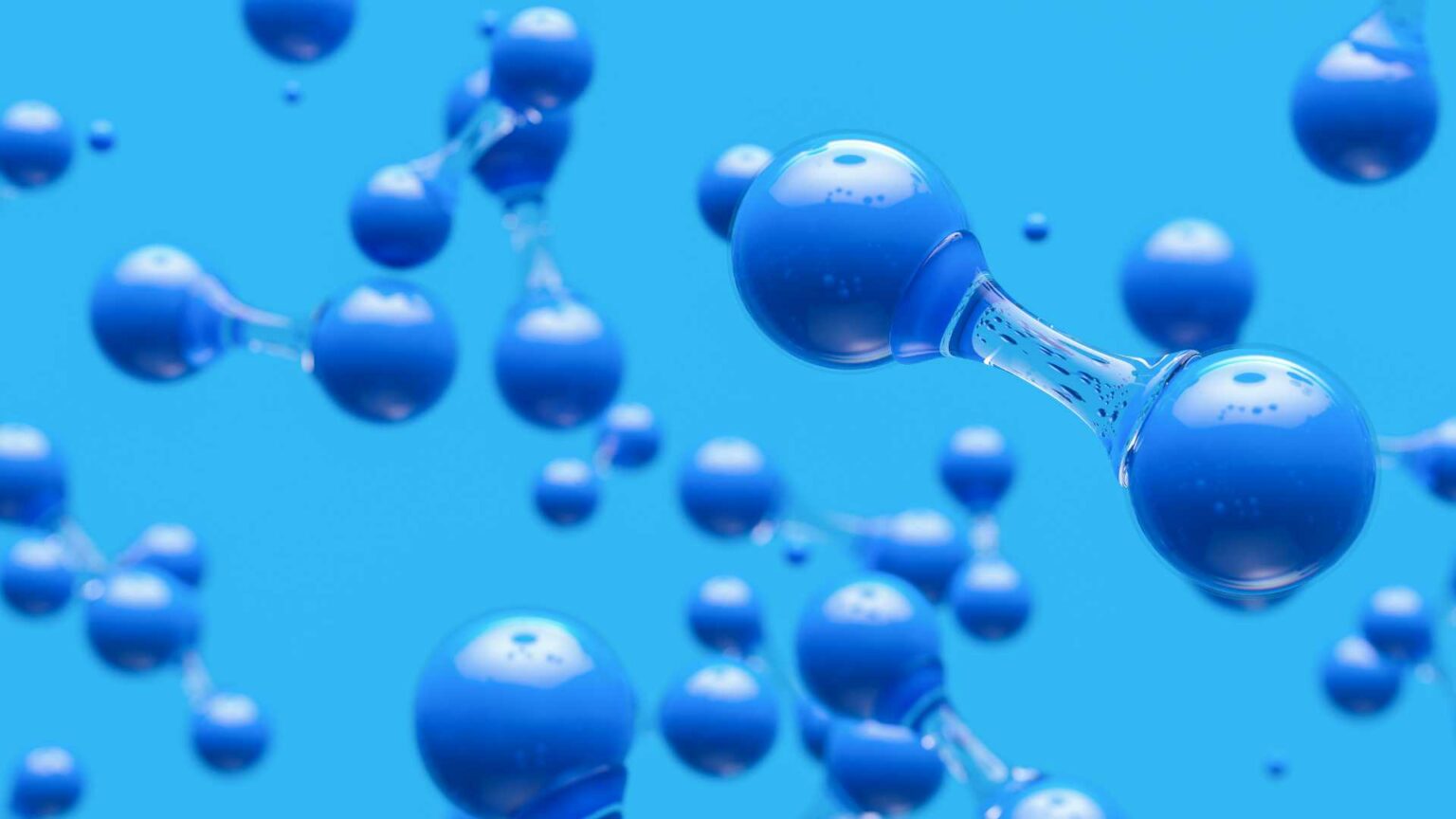Engineers from the University of Illinois Chicago (UIC) have unveiled a groundbreaking method for producing hydrogen from water using solar power and agricultural waste.
Hydrogen-based fuels are recognized as a crucial component of clean energy solutions. However, conventional methods of hydrogen production often rely on fossil fuels, posing significant environmental challenges. UIC’s innovative technique aims to address these issues by leveraging renewable resources and minimizing carbon emissions.
Led by engineer Meenesh Singh, the research team at UIC developed a process detailed in a paper published in “Cell Reports Physical Science.” This method utilizes biochar, a carbon-rich substance derived from agricultural waste, to significantly reduce the energy required for water electrolysis—the process of extracting hydrogen from water.
Unlike traditional electrolysis methods that rely on fossil fuel-generated electricity, UIC’s approach combines solar power with biomass-derived biochar. By mixing sulfuric acid with agricultural or animal waste, such as sugarcane husks or cow manure, a slurry rich in carbon is produced. This biochar drastically reduces the electrical requirement for water conversion to hydrogen.
The research team demonstrated remarkable efficiency, achieving almost 35% conversion of biochar and solar energy into hydrogen. This sustainable method not only diversifies the utilization of biowaste but also enables the clean production of various chemicals beyond hydrogen.
With patents filed by research sponsor Orochem Technologies, the UIC team plans to scale up their methods, potentially revolutionizing the clean energy landscape. This breakthrough comes at a critical time as global efforts intensify to transition towards renewable energy sources.
As the world seeks innovative solutions to combat climate change, UIC’s pioneering method offers a glimpse into a greener future for hydrogen production. By harnessing the power of solar energy and repurposing agricultural waste, this sustainable approach could play a vital role in advancing the hydrogen economy and achieving carbon neutrality goals worldwide.
